Google: Learning from the trouble it's in
From anti-competition probes, to patent disputes threatening the rise of Android, Google has plenty of trouble on its hands. What could your business learn?
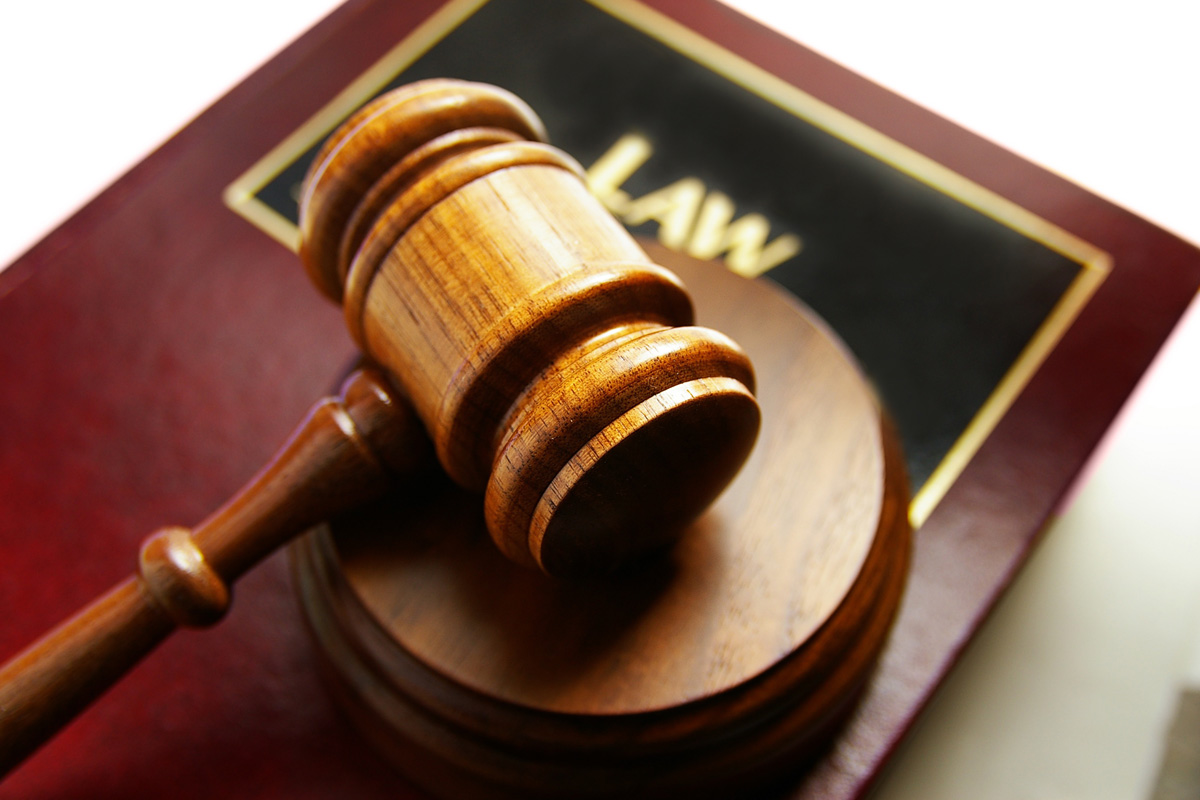

It'd be easy to say Google has become a victim of its own success. To some extent that's true.
It's the paradox that often the more you are loved, the more you are loathed. In the case of Google, its growing power has led to more inquiries from regulators and greater envy from rivals.
But let's not forget Google has made mistakes. Just look at the Street View scandal. It showed how one slip up can be very costly. Google still faces fines across the world for taking payload data over Wi-Fi connections and it may be some time before the wounds heal from that particular battle.
Google has plenty more to worry about. On different sides of the Atlantic, the company is facing investigations from various regulators.
It's the paradox that often the more you are loved, the more you are loathed.
Of equal, possibly greater concern are the various lawsuits the company is embroiled in. A number of these could irrevocably damage Google's plans for its hugely popular Android mobile operating system.
Recently appointed chief executive Larry Page has much to be content with, but plenty to contend with too. Whilst Google is a seemingly indomitable force right now, for perhaps the first time in its history it is looking at a variety of problems which together have the potential to be very harmful indeed.
Get the ITPro daily newsletter
Sign up today and you will receive a free copy of our Future Focus 2025 report - the leading guidance on AI, cybersecurity and other IT challenges as per 700+ senior executives
There are wide ranging pejorative connotations of Google being hit hard, as many firms rely on its services. At the same time, businesses can learn much from Google's perils.
Anti-competition probes
What exactly is Google looking at? Here in Europe, its search business is facing an anti-competition probe by the European Commission (EC).
The investigation won't come as a surprise to many given the EC's past actions and the dominance Google has over competitors on this continent. Its search market share currently stands at around 90 per cent.
It's clear Google is under the spotlight, but will it be worried given it has come out relatively unscathed from previous investigations?
In March 2011, Microsoft went as far as to file a complaint with the EC, making some startlingly strong claims against Google's actions. The latter was accused of engaging "in a broadening pattern of walling off access to content and data," which rivals claim they needed to compete in the market and attract advertisers.
Even in the US, where Google isn't as dominant, there have been rumblings of an investigation from the Federal Trade Commission (FTC). When the regulatory body said it was going to clamp down on tech giants to ensure they weren't getting up to any mischievous practices, it specifically mentioned Google.
It's clear Google is under the spotlight, but will it be worried given it has come out relatively unscathed from previous investigations? Remember those which followed the Buzz and Street View privacy cases?
Precedents
The maximum monetary penalty for a breach of antitrust rules in Europe is 10 per cent of global revenue, but other demands can also be laid down. So whilst it's hard to say what the outcome will be precisely, there are precedents, most notably - given the EC complaint - those involving major rival Microsoft.
After it failed to comply with a 2004 ruling, the Redmond giant was eventually slapped with the largest ever fine handed out by the EC. IT was asked to pay around 680.9 million after being found guilty of blocking out competition through practices around Windows. The firm was told to divulge information needed for non-Microsoft software to run fully with the OS, as well as produce a version of Windows without Media Player.
Later in the decade, Microsoft was told to make changes to ensure it was not abusing its position in the browser market. Not only was it told to stop shipping PCs with IE pre-installed, Microsoft was compelled to introduce the so-called "browser ballot." This means users can choose their browser when starting up Windows, rather than having IE as the default option.
It's certainly not fatal. Microsoft is still a fairly sizeable company and it's still going strong, but it has had to make changes in how it operates and it has had to rethink how its business works.
The outcomes of Microsoft's dealings with the EC will provide both warning and succour for Google. Firstly, it's unlikely the firm will be crushed by any punitive measures issued by the EC.
"It's certainly not fatal," said Helen Goldthorpe, commercial and technology associate solicitor at Irwin Mitchell, who compared Google's situation to its rival's.
"Microsoft is still a fairly sizeable company and it's still going strong, but it has had to make changes in how it operates and it has had to rethink how its business works and where its income streams are and how they all relate to each other."
In terms of what those changes could be for Google, Goldthorpe hypothesised the EC could make it link to other search services. This could result in some ad deals going elsewhere. Such an outcome would surely give Microsoft and others a larger slice of the pie, but it would still not topple Google from its search pedestal.
As for guidance from the Microsoft case, Google can look at how some of its own success in Europe has come as a result of regulatory pressure on the Windows creator.
"If Microsoft hadn't been subject to an investigation a few years ago, did that investigation make it easier for Google to build their own power?" Goldthorpe questioned.
"Without that case, would Microsoft have been able to keep Google out?"
Despite Goldthorpe's musings, Google should also look at how well Microsoft is doing now. In particular, look at the dominance which IE and Windows still have over rivals, despite the legal, financial and regulatory spotlight.
Figures published last month by analyst firm Gartner indicated the company had a 78.6 per cent market share in 2010, slightly growing its previous year's figure by just under one per cent. Admittedly, it has seen market share decline, but there's no denying the company still has some serious clout.
Android alert
The EC investigations are unlikely to hit Google hard. What could cause some serious damage to Google's business, however, are the manifold patent disputes surrounding its Android operating system.
The kernel is a key part of Google's Chrome and Android operating systems, so this case has connotations not just for the operating system, but for app developers too.
Google has been very successful with its mobile venture. Uptake has been simply astonishing - recent research from IDC showed shipments of Android phones grew by more than 1,500 per cent in just a year in Western Europe. Anything which jeopardises the success of the OS would be a major issue for Page and Co.
As such, Google wouldn't have been happy with the way a recent Linux case with Bedrock Computer Technologies went. Whilst not specifically about Android, the case could have serious implications outside of the $5,000,000 it was fined peanuts to a firm the size of Google.
The case, which focused on code within the Linux kernel, was brought by Bedrock in 2009 against a host of tech companies including Amazon, PayPal and Yahoo, as well as Google. All were accused of infringing patents by using different versions of the Linux kernel on their back-end servers.
The kernel is a key part of Google's Chrome and Android operating systems, so this case has connotations not just for the operating system, but for app developers too. Changes to the kernel itself could be required.
"Google might have to modify the Linux kernel it distributes with Android in order to remove the infringing code," said IP activist Florian Mueller. "Otherwise there's always the risk of contributory infringement should any app make use of that portion of the Linux kernel."
Outside of whatever changes are required of Google as part of the Bedrock decision, what will be a bigger worry is if the case turns out to be the first of many losses surrounding Android. Could it be the start of something cataclysmic?
There is something now inherent in Android that means Google will face repeated lawsuits in this area, according to Mueller.
"Android generally has this problem that you find patent holders of all sizes with all sorts of motivations, asserting their rights against Android against Google as well as Android device makers," Mueller told IT PRO.
Could it be the start of something cataclysmic?
Numerous individuals and corporations are going for Android's jugular. For starters, there are a host of patent trolls around in the US with the sole intent of getting their claws into the pockets of tech giants like Google.
Elsewhere, Apple and Microsoft have both filed complaints related to the OS. Apple has sued major Android device makers HTC and Samsung, whilst Microsoft recently took Motorola and Barnes & Noble to court for patents involving Android devices. At the time of writing, the number of patent cases around Android stood at more than 40.
Oracle spells doom?
The one case which threatens to change everything for Google is the patent dispute with Oracle. The latter believes the former, in creating Android, infringed a total of seven Java patents, which Oracle now owns thanks to the purchase of Sun Microsystems.
As noted by Mueller, Google's loss against the small Texan company Bedrock does not bode well for future cases.
Publicly, no one really knows what Oracle wants out of this suit. Does it just want money? Or does it want to assert its control over Java too? If the latter is true, it would really spell trouble for Google if the case goes Larry Ellison's way.
If that happens, there is the possibility of tens of thousands, possibly hundreds of thousands, of Android apps having to be rewritten.
"If you had an SAP-like outcome, it would be disastrous for Android because it's not just that Google has to come up with some money it will survive that," Mueller said.
"If the court orders the confiscation and destruction of the forensic material [i.e. the code in question] it would destroy the foundation of the Android application ecosystem."
If that happens, there is the possibility of tens of thousands, possibly hundreds of thousands, of Android apps having to be rewritten. What's more, they may find themselves, to some extent, at the beck and call of Oracle.
"If Oracle prevails, or at some point it comes out that the court is inclined to rule in Oracle's favour, then Google has a terrible problem," Mueller added. "It will have to meet whatever demands Oracle makes in order to keep its application platform intact."
At the time of publication, no-one is really sure when this case will conclude. In April, there was hope it might be before the end of the year. This week reports suggested the volume of information involved will take a long time - years, even - to be waded through and investigated.
Covering its backside
Google has recognised the patent problem at least. The company has been growing its patent logs fairly rapidly, now owning over 800, with around another thousand applications still pending.
In April, it bid $900 million for around 6,000 Nortel patents as it sought to protect the likes of Android and Chrome from legal action.
Google will be hoping to one day have a portfolio to match its competitors. Apple has close to 3,000, whilst Microsoft has a whopping 18,000.
...Android could prove to be more of a problem for the company than it had ever imagined.
"As things stand today, one of a company's best defenses against this kind of litigation is (ironically) to have a formidable patent portfolio," said Kent Walker, Google' senior vice president and general counsel, in a blog post explaining the Nortel bid.
"Although we have a growing number of patents, many of our competitors have larger portfolios given their longer histories."
If Google doesn't develop good relations with rights holders, or fail to get a solid patent portfolio together, Android could prove to be more of a problem for the company than it had ever imagined.
Learning from Google's mistakes
If you don't think there's anything for your business to learn from Google, you are wrong.
Keep in mind that Google was once a university project being run out of a garage. No matter how small your firm is now, it could grow to become a behemoth of whatever industry it's operating in and find itself under the watchful eye of regulators and competitors alike.
"One of the real issues for tech businesses normally is that the early part of growing is relatively easy. There's a lot of money coming through the door, people expanding their market share, they're doing great things," said Jonathan Armstrong, partner at law firm Duane Morris, whose practice includes counseling firms on matters involving risk, technology and compliance.
If you don't think there's anything for your business to learn from Google, you are wrong.
"Some of the things you can get away with as a start up business when you've only got five per cent of the market, you can't get away with when you're a monopolist or quasi-monopolist with 60 per cent of the market. The business has to mature really, really quickly."
Antitrust investigations may seem unlikely now, but if you want your business to be the top dog, you can expect a considerably higher chance of facing investigations if you make it to the top. If you are lucky enough to be as successful as Google, then you'll want to keep on top of practices which could be deemed as attempts at monopolisation.
"Usually you've got to think of these issues and you've got to look at your model. It is a fine balance," Armstrong told IT PRO.
"Businesses like Google succeeded by getting a lot of market share quickly, but then you've got to go into the next phase."
There's also the argument for responsibility and respect of innovation within markets. If you are seen to be going against these you risk losing the respect of not just regulators, but partners and customers too.
"As a general rule, keeping markets open is good for innovation, consumer choice and price competition," EC anti-competition spokesperson Amelia Torres said.
"Dominant companies have a particular responsibility and need to be careful not to foreclose the market or abuse their position."
You'll want to invest in and maintain your IT infrastructure here too... That way, if lawsuits do arise, you can quickly access those patents which could save your bacon.
Being patently clear
Businesses can learn much from the patent cases too. In advice for Page himself, which any CEO could relate to, Mueller said the Google co-founder will have to sharpen up the company's IP management.
"They will have to improve their management of intellectual property matters inside the company, especially within their development group," he said.
He suggested Google would do well to further beef up its patent portfolio beyond the Nortel purchases. Without upping its game in this area, it places Android at considerably greater risk, Mueller added.
Other companies can look to Google as an example of what can happen when IP management isn't handled perfectly. And whilst getting a decent legal team will help, it may not be enough.
"It's not like you can solve all of these problems with money. For instance, if you lose a patent lawsuit against a strategically motivated rightsholder, and if you don't own enough patents that the other party needs so you can negotiate a cross-license deal, then that strategically motivated patent holder is not going to sell you a license possibly for any amount of money," Mueller added.
"It's like if Apple prevailed over those Android device makers, there's no way Google could solve the Apple problem with money."
So if your business is staring in the face of a rival hungry to assert their control over patents, ensuring you have all the right patents in your grasp is the only surefire way to protect yourself.
You'll want to invest in and maintain your IT infrastructure here too. Patent databases should be kept up to date. That way, if lawsuits do arise, you can quickly access those patents which could save your bacon.
More sophisticated forensic tools could help identify copyright or licensing issues as well.
What it comes down to is having granular controls and processes so your back is always covered.
The next Page?
Finally, imagine yourself in Page's shoes. You are in charge of one of the biggest companies in the world, one you helped found and one which is now entrenched in most people's very existence.
You've helped spread the business' wings to open up vast new revenue streams and future avenues for further expansion. Everything looks pretty rosy.
Now think about the plethora of rivals, individuals and regulators that are scrutinising your every move, looking at where you could slip up. Outside of investigations which might give revenues a bit of a knock, one of your key assets is being threatened by numerous lawsuits, one of them a potentially disastrous one.
You don't just have an incredibly influential, creative and profitable company to ensure the future success of, you have a whole lot of trouble on your hands too.
Tom Brewster is currently an associate editor at Forbes and an award-winning journalist who covers cyber security, surveillance, and privacy. Starting his career at ITPro as a staff writer and working up to a senior staff writer role, Tom has been covering the tech industry for more than ten years and is considered one of the leading journalists in his specialism.
He is a proud alum of the University of Sheffield where he secured an undergraduate degree in English Literature before undertaking a certification from General Assembly in web development.
-
 Cleo attack victim list grows as Hertz confirms customer data stolen
Cleo attack victim list grows as Hertz confirms customer data stolenNews Hertz has confirmed it suffered a data breach as a result of the Cleo zero-day vulnerability in late 2024, with the car rental giant warning that customer data was stolen.
By Ross Kelly
-
 Lateral moves in tech: Why leaders should support employee mobility
Lateral moves in tech: Why leaders should support employee mobilityIn-depth Encouraging staff to switch roles can have long-term benefits for skills in the tech sector
By Keri Allan
-
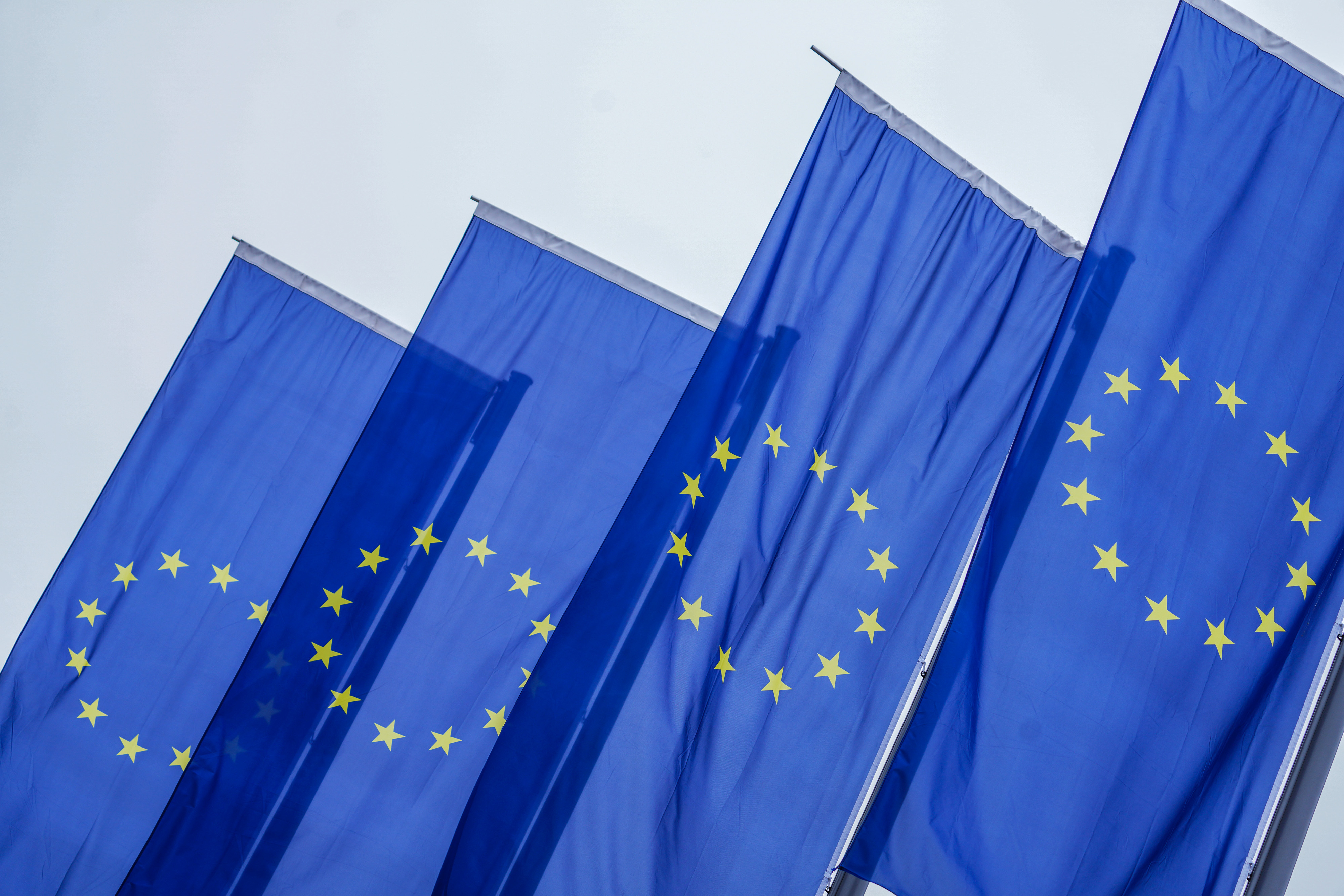 Open source advocates "cautiously optimistic" about Cyber Resilience Act after industry pushback prompts changes
Open source advocates "cautiously optimistic" about Cyber Resilience Act after industry pushback prompts changesNews Amendments to the Cyber Resilience Act in December curtailed the potential impact on open source developers in the region, an industry body has said
By Solomon Klappholz
-
 Reprieve for open source industry as agreement reached on Cyber Resilience Act
Reprieve for open source industry as agreement reached on Cyber Resilience ActNews The Cyber Resilience Act has been maligned by open source advocates across Europe
By Ross Kelly
-
 What's the EU's problem with open source?
What's the EU's problem with open source?Analysis The open source community has raised concerns about a raft of new regulatory changes in the EU in recent months
By Ross Kelly
-
 EU Cyber Resilience Act a ‘death knell’ for open source software, critics warn
EU Cyber Resilience Act a ‘death knell’ for open source software, critics warnNews Critics of the act claim that requirements for open source software usage could severely impact the community
By Ross Kelly
-
 Swedish privacy concerns result in fines over Google Analytics
Swedish privacy concerns result in fines over Google AnalyticsNews Swedish privacy authority ordered companies to stop using the ubiquitous web traffic analysis tool, in line with recent EU rulings
By Richard Speed
-
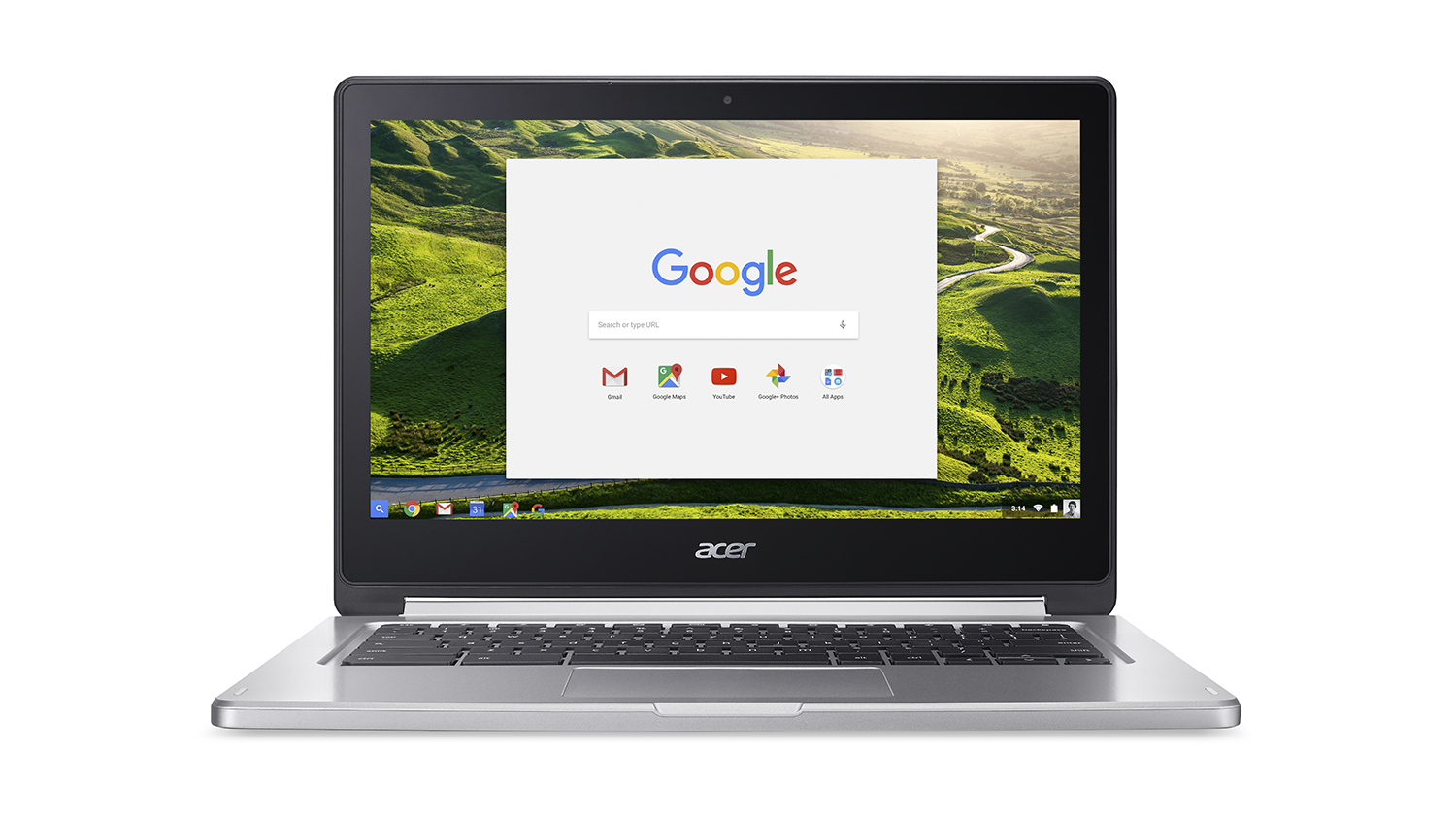 Researcher says criticising Google cost him his job
Researcher says criticising Google cost him his jobNews Barry Lynn sets up new group to address platform monopolies after being pushed out at Google-funded New America
By Nicole Kobie
-
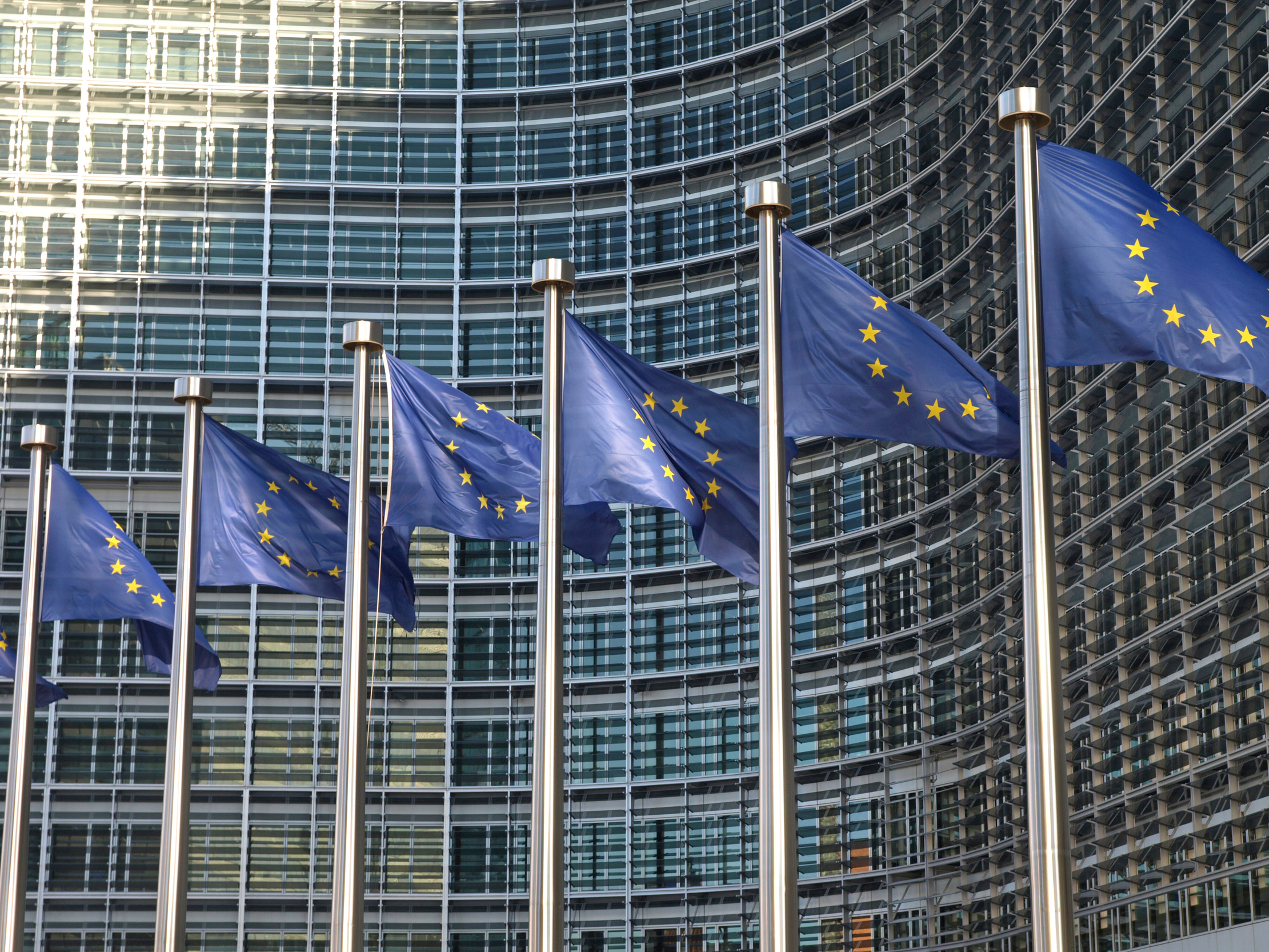 £130 million Google-UK tax deal could be squashed by EU
£130 million Google-UK tax deal could be squashed by EUNews SNP and Labor question terms of perceived low-rate deal
By Jane McCallion
-
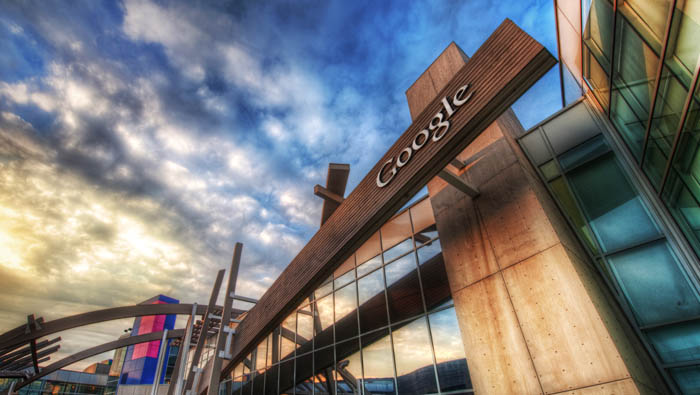 Google blames search “monopoly” on bug
Google blames search “monopoly” on bugNews Glitch was responsible for Yelp and TripAdvisor getting buried in search results, claims search engine giant
By Rene Millman